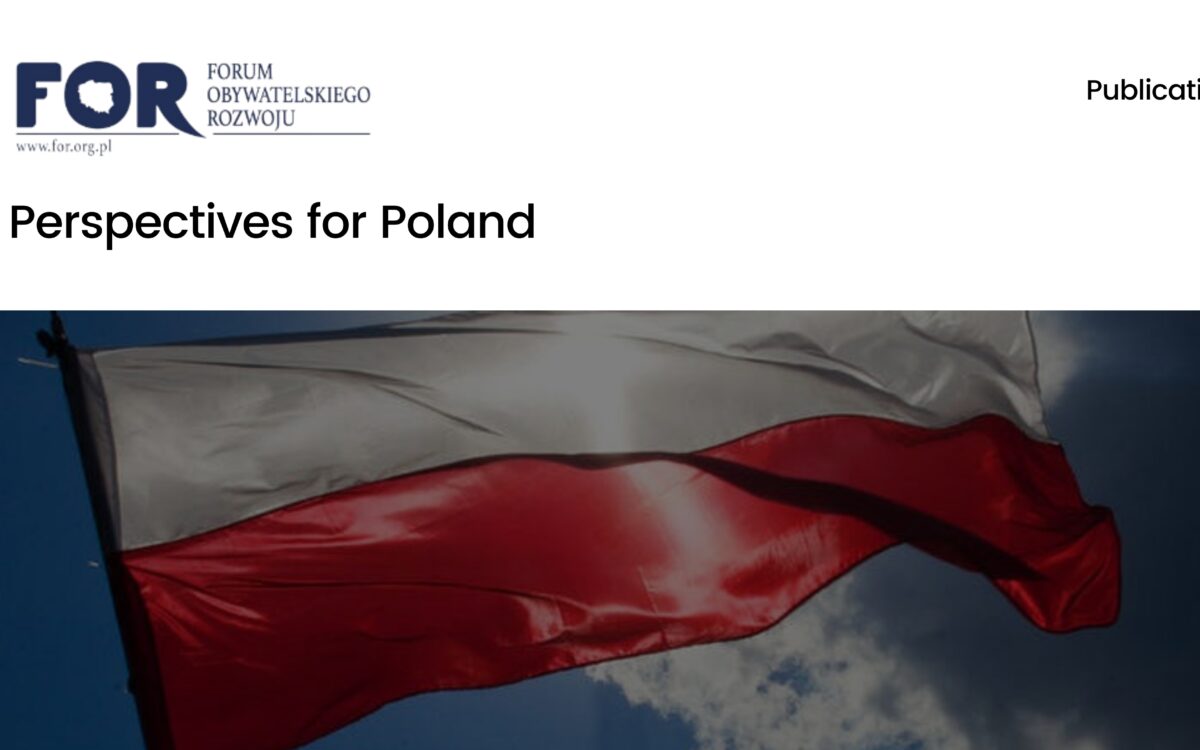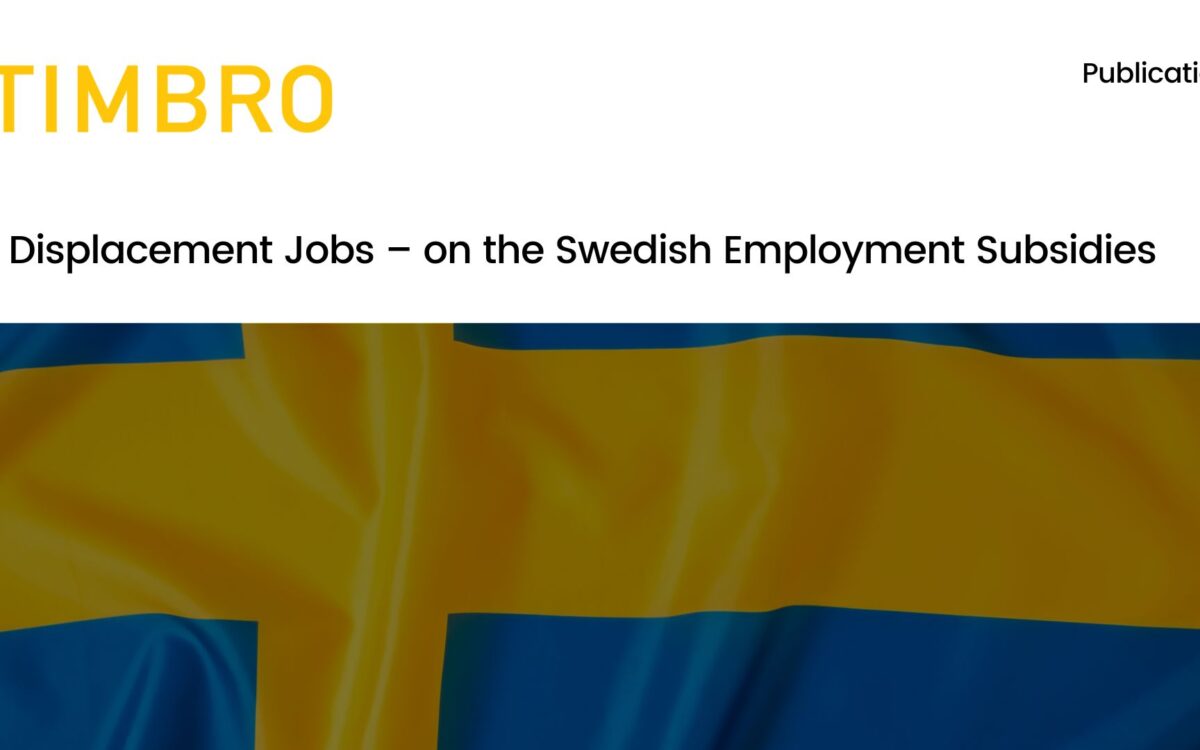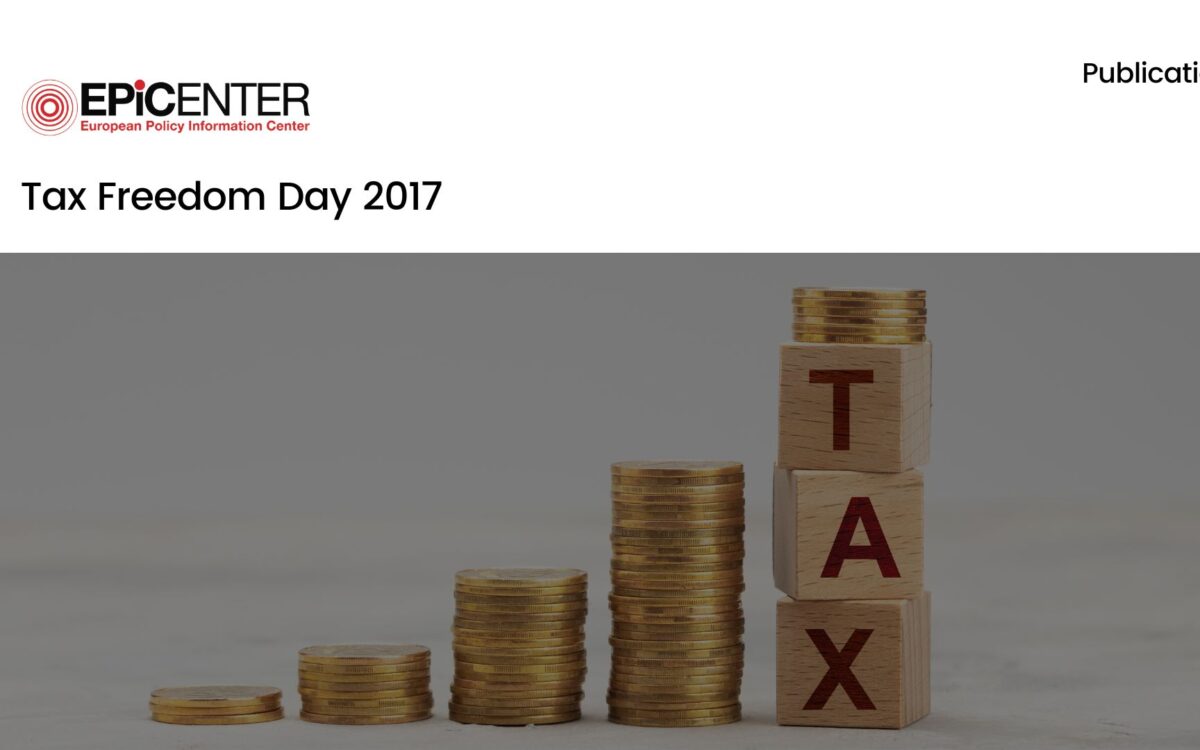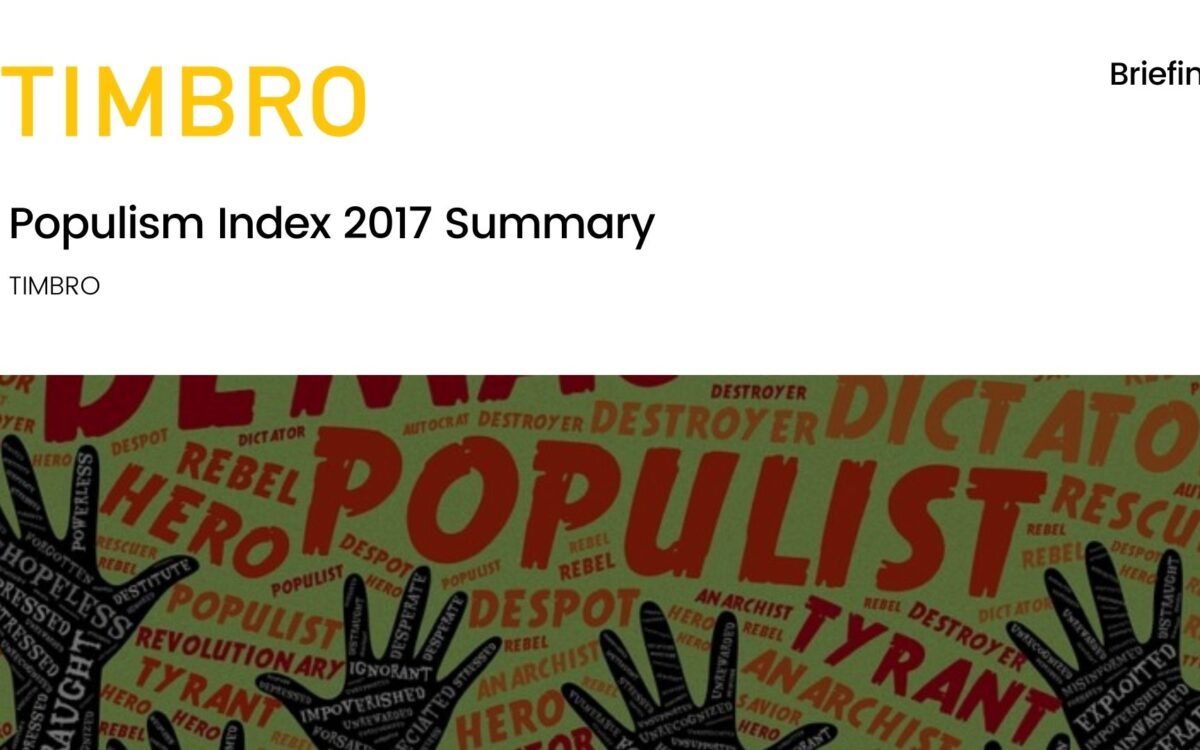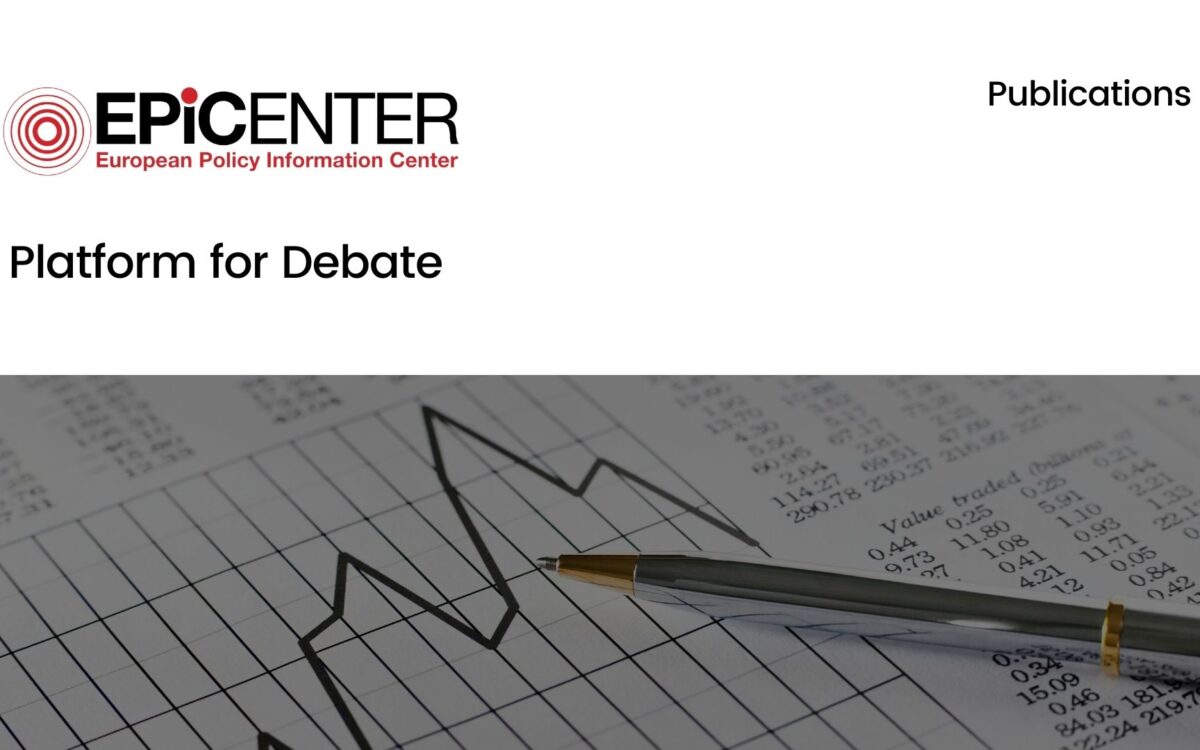Fiscal & Taxation Publications
September 29, 2017
Published by EPICENTER on September 29, 2017
In the last 25 years, the Polish economy has grown faster than the economies of Western Europe and the US, which enabled a significant reduction of the distance separating it from richer countries. Annual GDP growth in the years 1992–2011 was 4.1%, which was the best result among those Central and Eastern European countries that started to transform at the same time as Poland.
September 1, 2017
Published by Timbro on September 1, 2017
Categories
The Swedish labor market makes use of twelve different forms of employment subsidies involving three percent of the entire active work force.
July 27, 2017
Published by EPICENTER on July 27, 2017
Categories
The purpose of this study is to compare the tax and social security burdens of individual employees earning typical salaries in each of the 28 member states of the European Union and, in doing so, to determine a “tax liberation day” — measuring how much of each year’s work is devoted to paying taxes — for workers in each country.
July 11, 2017
Published by Timbro on July 11, 2017
Auktoritär populism har övertagit liberalismens plats som den tredje ideologiska kraften i europeisk politik.
June 1, 2017
Published by EPICENTER on June 1, 2017
Categories
Platform businesses bring together distinct but interdependent sets of users in such a way as to improve the welfare of each side of the market. Their central value proposition is the reduction of transaction costs, which increases the number of viable exchanges in the market.
June 1, 2017
Published by EPICENTER on June 1, 2017
In 2017, the average Spaniard will have worked 178 days in order to fulfill their tax obligations. In other words, Tax Freedom Day, calculated annually by Think Tank Civismo, takes place on 28 June, one day ahead of last year’s.
